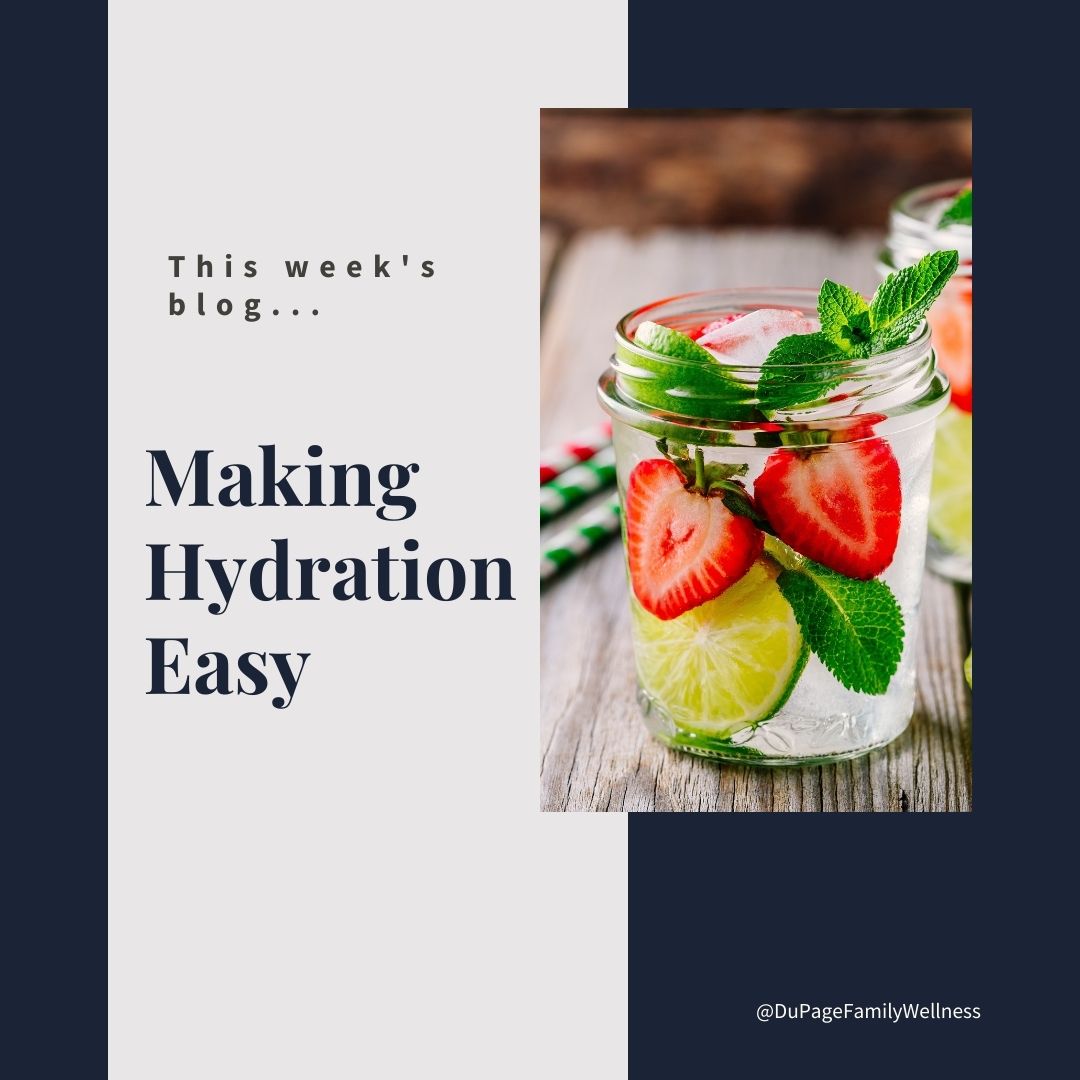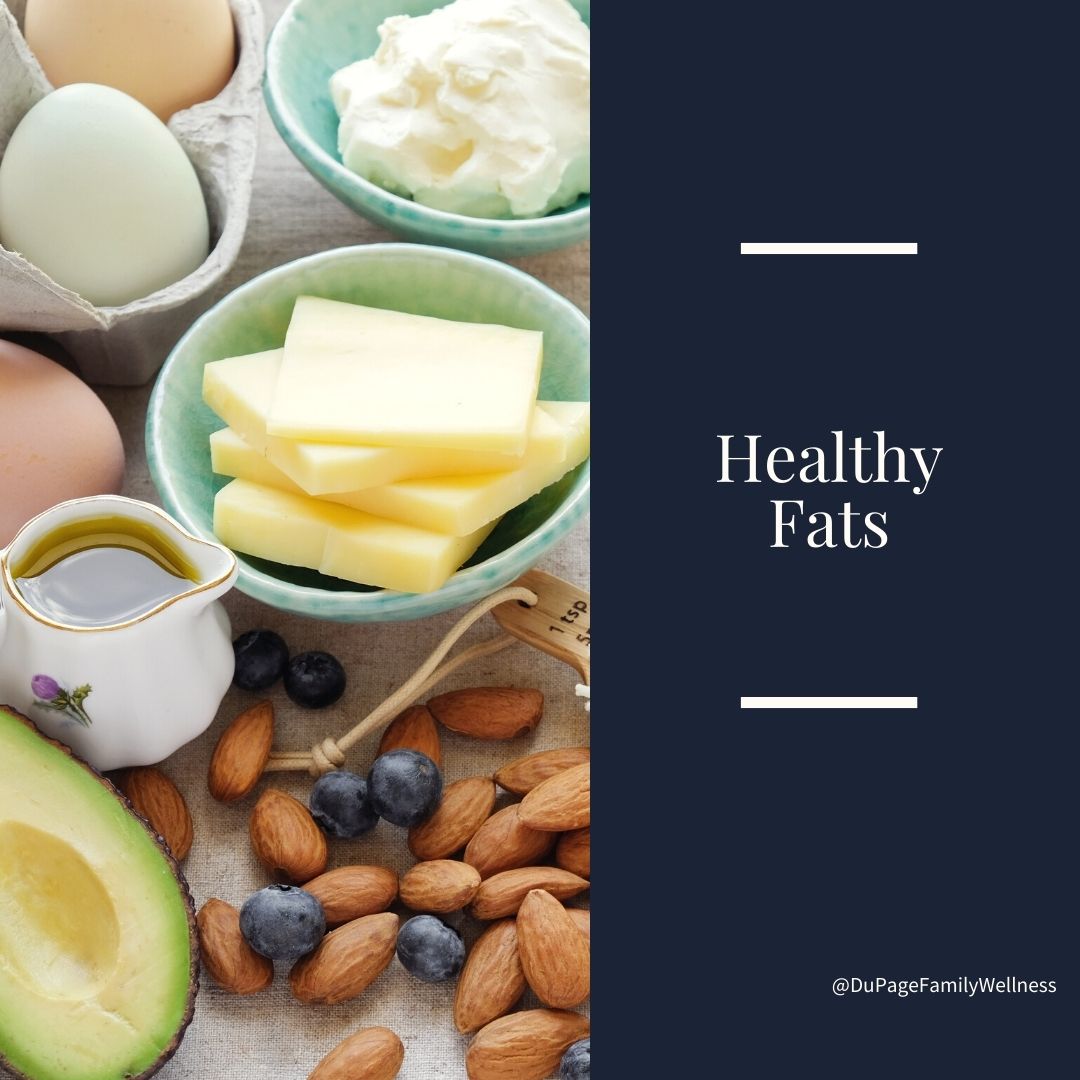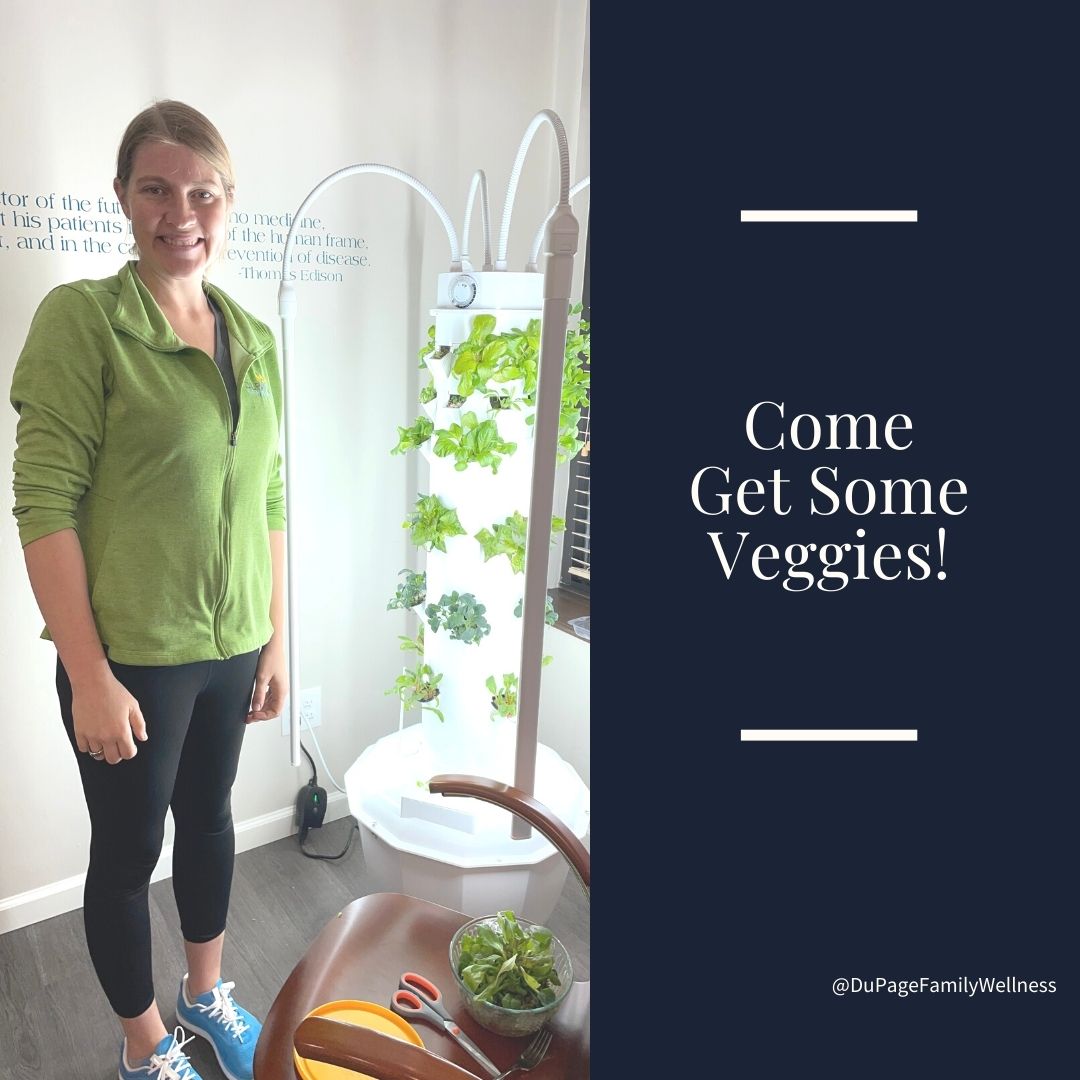 Between work, activities, and family, life can feel pretty overwhelming. You may feel like there aren’t enough hours in the day, so there simply isn’t time to get a good night’s sleep. But sleep is one of the most fundamental functions we do each day.
Between work, activities, and family, life can feel pretty overwhelming. You may feel like there aren’t enough hours in the day, so there simply isn’t time to get a good night’s sleep. But sleep is one of the most fundamental functions we do each day.
Without good sleep you will not only feel terrible, but you will begin to damage your body. So, how much sleep do you need, and how can you tell if you are getting enough?
Let’s dive into that question and see what your body needs to function at its best.
Sleep Research
Researchers took a group of people, put them in a stimulus free room for 14-24 hours a day, and monitored their sleep. There were no clocks, so subjects didn’t know when they were going to bed or waking up.
The first couple days of the study, sleep times averaged 12-20 hours per night! This seems to indicate that many of the subjects were in a “sleep debt” going into the study, meaning their bodies were trying to catch up from chronic under sleeping.
Over a few days, the participants' sleep began to average approximately 8 hours a night (with some sleeping more, and some sleeping less).
How Much Sleep Is Right for Me?
Since everyone’s body is different, let’s look into how you can determine how much sleep your body needs?
Sleep researchers have noted that decreasing sleep time has a strong impact on reaction time and other mental functions. You can use “reaction time” to determine if the number of hours that you are sleeping is ideal for you.
Read more ...
 You’ve heard that you should get eight glasses of water a day, but is that really correct?
You’ve heard that you should get eight glasses of water a day, but is that really correct?
In their book Quench, authors Cohen and Bria explain that “for many years, we’ve operated with the assumption that the path to hydration was drinking eight glasses of water daily—the picture is actually much more complex.”
Let’s explore this theory and see if there is a way to work smarter rather than harder when with our hydration.
Background
Gina Bria was an anthropologist studying how desert cultures survived with very little water when she got a call from her mother’s care facility.
She was dismayed to hear that her mother was suffering from chronic dehydration. Bria decided to delve into her research to see if there was anything that she could learn from the desert cultures to help her mom.
Bria learned from her research that the Tarahumara people of Mexico used chia seeds to aid in hydration. Deciding to adapt this practice for her mother, she used her coffee grinder to turn some chia seeds into powder and instructed the caregiver to add it to her mom’s orange juice each morning.
That did the trick, and her mom did not have any more issues with chronic dehydration. This encouraged her to research a form of hydration known as “gel water.”
What Is Gel Water?
Read more ...
 Are you afraid to incorporate fats into your diet? Do you believe that eating fat will make you fat? If so, it's not your fault. You’ve likely been taught for years by the media that eating fat is going to make you fat, BUT this is simply not true!
Are you afraid to incorporate fats into your diet? Do you believe that eating fat will make you fat? If so, it's not your fault. You’ve likely been taught for years by the media that eating fat is going to make you fat, BUT this is simply not true!
The topic of fat can get very confusing, very quickly. But eating the right fats will make a HUGE impact on decreasing inflammation within your body. While eating fats is incredibly important, eating the RIGHT fats is the key!
We need HEALTHY fat
EVERY cell in our body contains fat. Healthy fats help us feel full, stabilize blood sugar, and maintain energy.
There are several essential fatty acids that our bodies cannot make, and if we don’t consume them it may show up as inflammation, fatigue, poor memory function, heart issues, depression, dry skin, as well as other unpleasant symptoms.
Our bodies also NEED fat to produce HORMONES. This is especially important for my fertility, pregnant, and postpartum patients!
In addition, eating healthy fat (like olive oil) with your salad or veggies will actually allow your body to absorb more of the nutrients from the vegetables.
Read more ...
 You know that eating veggies is important for your overall health! But sometimes it’s a hassle to run to the grocery store, clean the produce, and prepare a salad.
You know that eating veggies is important for your overall health! But sometimes it’s a hassle to run to the grocery store, clean the produce, and prepare a salad.
The tower garden has been the solution for me, and I want to share the great produce grown in my office with you!
Healthy Habits Made Easy
When you establish good habits, such as eating wholesome foods, it will have a direct impact on your health. The Tower Garden is encouraging me to continue my journey to good health by letting me grow fresh, nutrient-rich food without soil right in my office.
With fresh veggies growing year-round in my office, it only makes sense that I would enjoy them each day at work. When it is time to eat, I just snip a variety of lettuce and some herbs.
With a little protein and some homemade dressing, I have a complete meal!
Other Benefits of the Tower Garden
In addition to the easy nutritious vegetables it provides, the Tower Garden has many other benefits.
Read more ...
 Between work, activities, and family, life can feel pretty overwhelming. You may feel like there aren’t enough hours in the day, so there simply isn’t time to get a good night’s sleep. But sleep is one of the most fundamental functions we do each day.
Between work, activities, and family, life can feel pretty overwhelming. You may feel like there aren’t enough hours in the day, so there simply isn’t time to get a good night’s sleep. But sleep is one of the most fundamental functions we do each day. 

 You’ve heard that you should get eight glasses of water a day, but is that really correct?
You’ve heard that you should get eight glasses of water a day, but is that really correct? Are you afraid to incorporate fats into your diet? Do you believe that eating fat will make you fat? If so, it's not your fault. You’ve likely been taught for years by the media that eating fat is going to make you fat, BUT this is simply not true!
Are you afraid to incorporate fats into your diet? Do you believe that eating fat will make you fat? If so, it's not your fault. You’ve likely been taught for years by the media that eating fat is going to make you fat, BUT this is simply not true! You know that eating veggies is important for your overall health! But sometimes it’s a hassle to run to the grocery store, clean the produce, and prepare a salad.
You know that eating veggies is important for your overall health! But sometimes it’s a hassle to run to the grocery store, clean the produce, and prepare a salad.